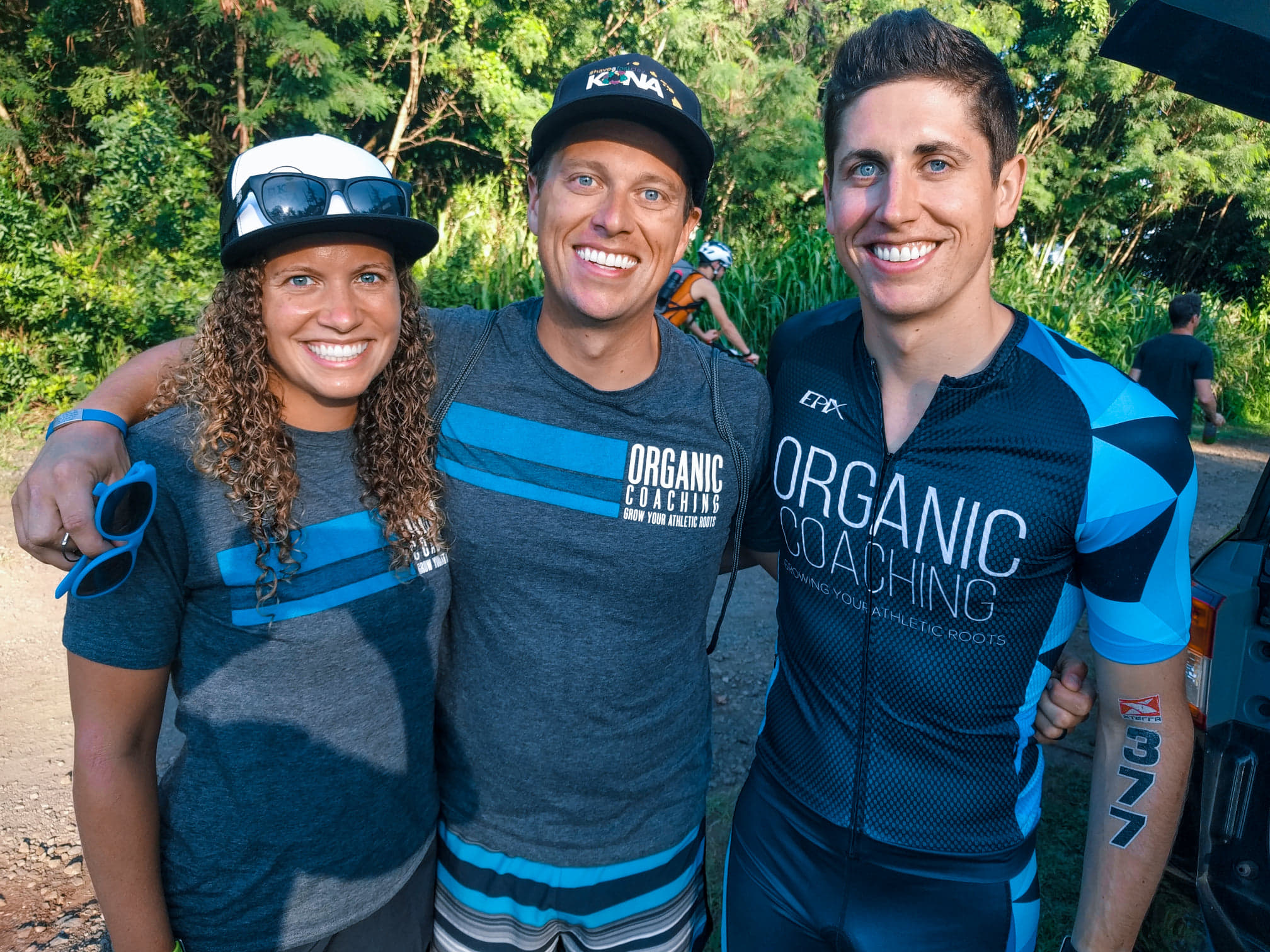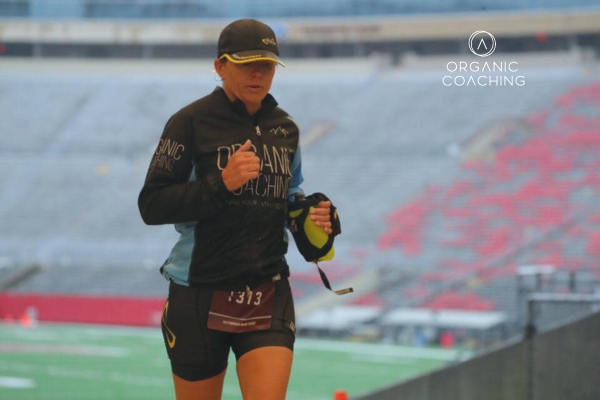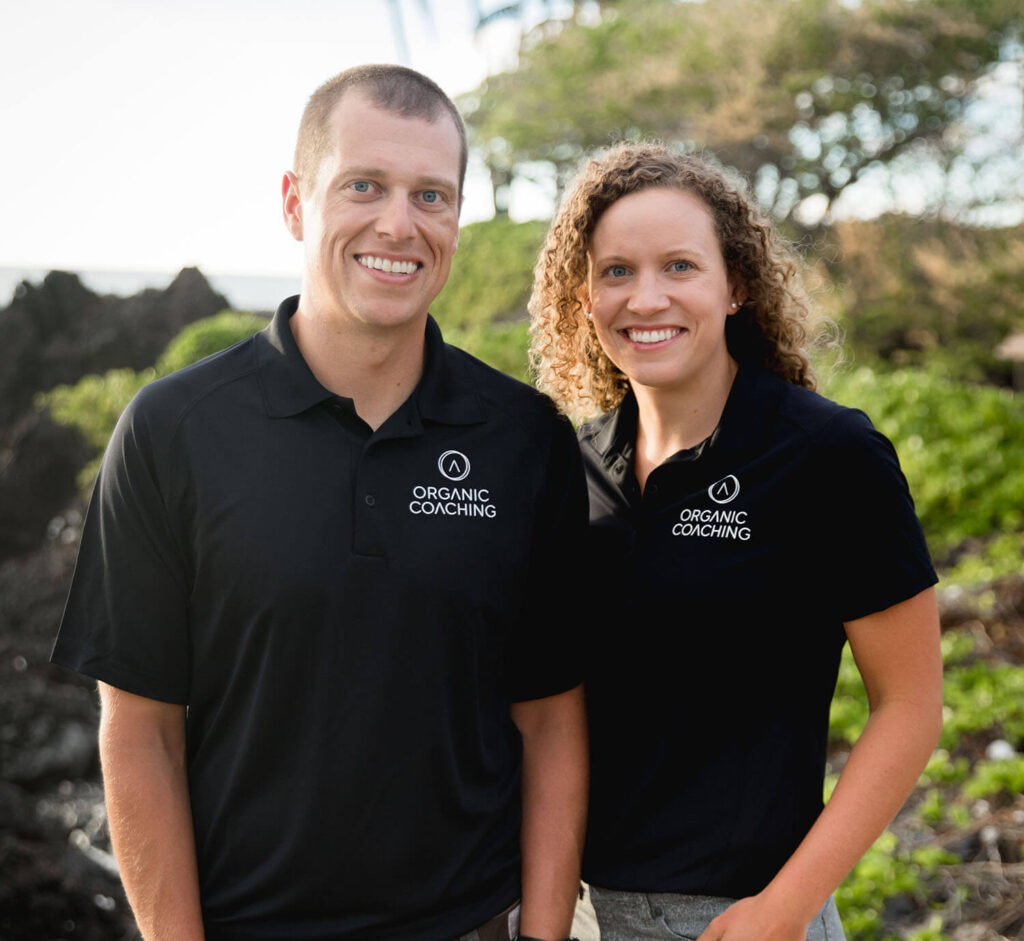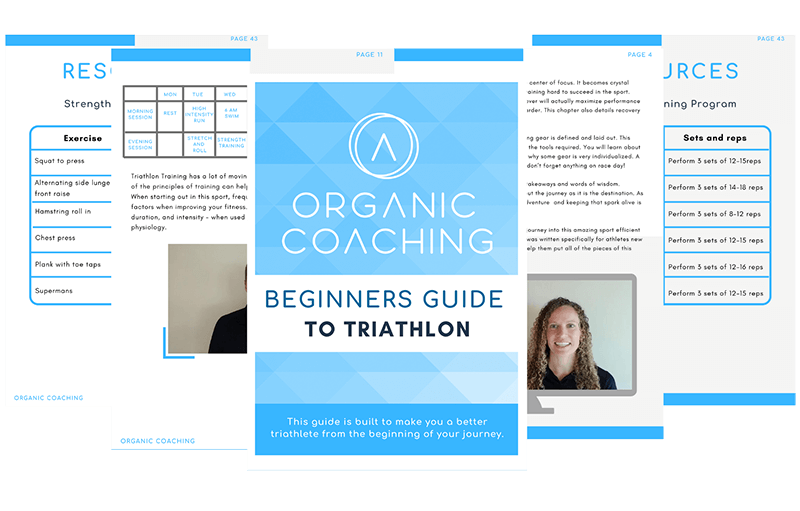It is never too early to practice your race day nutrition!
In the off-season, you may be dialing in body composition goals, improving your power-to-weight ratio, and/or working on optimizing your micronutrient intake. All of which you want to prioritize with a lower training volume!
This is also an opportunity to reflect on what worked really well last year, what did not work so well, and where you can improve.
Some points to think about:
- Are you fueling with at least 1 gram carbohydrate per pound bodyweight in the 1 hour before you train (ie. 64 grams carbs for a 140 lb athlete)?
- To get your weight in kilograms divide your weight in pounds by 2.2.
- Were you able to fuel 30 -60 grams of carbohydrates (or up to 90 grams) per hour for races >2.5 hours?
- Were you able to fuel with 30 to 60 grams of carbohydrates per hour for events <2 hours?
- In your post-training and post-event nutrition, did you include at least 0.25-gram protein/ kilogram bodyweight with 1.0-1.2 gram carb/ kilogram body weight?
- Did you measure or have your sweat rate tested so you could obtain OPTIMAL hydration before, during, and after your training and event(s)? Just a 1% body weight loss (this is 1.4 lbs in a 140 lb athlete) can cause performance decrements.
If you answered “no” to any of these questions. We have room for improvements in your sports nutrition for peak performance.
Pre-session, when most training is done indoors is optimal to practice race day strategies for both nutrition and hydration. You can control multiple factors, simulate race conditions (ie heat, humidity), and be close to the restroom if things go south.
Pre – Training (or racing) Nutrition + Hydration
In the hours pre-event, you want to include high carbohydrate, moderate protein, low fat, and fiber. You will also start hydrating with electrolytes:
- If you have 3-4 hours before: 3-4 grams carbs per kilogram of body weight and begin sipping on 14 to 22 ounces of electrolytes such as Skratch, LMNT, or ucan hydrate, depending on sweat rate.
- Example (200 grams carbs): 1 c cooked oats + ½ c egg whites + 1 T maple syrup + ¼ c raisins; side of 6 oz strawberry yogurt + banana with DIY electrolytes (8 ounce electrolyte + 4 ounces coconut water + 1 T honey + 1 tsp base salt)
- If you have 2 hours before: 2 grams carbs per kilogram of body weight and continue sipping on electrolytes or if just starting hydration 14 to 22 ounces.
- Example (136 grams carbs) : 1 bagel + 2 T peanut butter + 1 T honey + banana with 16 ounces Skratch hydration
- If you have 1 hour before: 1 gram of carbs per kilogram of body weight and complete electrolytes/ assess if you need more hydration.
30 minutes pre-session:
- If your urine is still dark yellow, drink 7 to 10 ounces of fluid. The choice of electrolyte drink is highly variable based on training goals/ goals of a specific session, training environment, sweat rate, and/or sodium losses.
- For sessions > 2 hours, you may use this as an opportunity to top off glycogen stores with a small snack such as toast + honey, banana + 1 T nut butter, or a gel. You may also consider an electrolyte drink containing carbs, especially in the warmer months.
During – Training (or racing) Nutrition + Hydration
The primary focus here is on electrolytes, hydration, and carbohydrates. The number of carbohydrates you need will be variable on event intensity, duration, and environmental conditions.
Carbohydrate needs:
- Less than 30 minutes: no carbs needed
- High intensity (30 to 75 min): a small amount of carb as tolerated, CHO mouth rinse
- Endurance, intermittent, high intensity (1-2 hr): 30 g/ hr quick carbs
- Endurance (2-3 hr): 60 g/ hr quick carbs and/or slow absorbing on tolerance
- Endurance (>/= 2.5 hr): 90 g/hr quick carbs and/or slow absorbing on tolerance
The higher the carbohydrate intake per hour, the more variety of carbohydrate sources you will want to consume. Most standard sports supplements are already a combination of carbohydrates (ie. 1 glucose: 0.8 fructose).
Hydration
For hydration aim for 6 to 12 ounces every 15 to 20 minutes with 110 to 220 mg sodium and 30 mg potassium per 8 ounces. Hydration needs vary depending on the individual (genetics), environment, altitude, intensity, and duration of the event. You can test your sweat rate at home or have it tested by a qualified professional.
To put these numbers into perspective for you, athletes on average lose 1-2 L of sweat per hour and 1 gram of sodium per liter of fluid lost. So for each hour of training or competition, you can start with these recommendations and fine-tune based on personal needs:
- Aim for 18 to 48 ounces of fluid. Remember, you may need more or less due to the aforementioned factors.
- Add electrolytes for sessions lasting longer than one hour, altitude training, or in hot, humid conditions. Aim for 110 to 220 mg sodium and 30 mg potassium per 8 ounces. I recommend starting with 750 to 1000 mg per hour. You may also test your sweat using a lab test or an at-home option such as the Gatorade sweat patch.
- Include fluids with 3-8% carbohydrate for workouts longer than 90 minutes or workouts that are high intensity lasting 60 to 90 minutes. For a 24-ounce bottle, this equates to 22 to 58 grams of carbohydrates per bottle.
**Remember, the variety of carbohydrates (ie. 0.8 fructose: 1 glucose, maltodextrin, cluster dextrin, etc) is important the more concentrated your solution of carbohydrate is for best absorption and to avoid GI distress.
This is the area that deserves special attention for dress rehearsing, fine-tuning, and making adjustments throughout your pre-season and during your peak training weeks.
Calculating Your Sweat Rate
For events lasting longer than 2.5 hours, you can also consider the addition of small amounts of protein for fuel.
Post-Training Nutrition + Hydration
- The three R’s
- Replenish fluids and electrolytes
- The general need to replace fluids lost is 16 to 24 ounces per pound of body weight lost. It is optimal to replenish electrolytes in this time period as well. Aiming for 110 to 220 mg sodium and 30 mg potassium per 8 ounces is sufficient.
- Repair muscle
- Protein at 0.25 to 0.3 grams per kilogram body weight in the 30 minutes after your event. This is 17 to 20 grams of protein for a 150-pound athlete.
- For masters athletes, it is recommended to consume 0.4 grams per kilogram of body weight. This would be 27 grams for a 150-pound athlete.
- Restore muscle glycogen
- 1.0 to 1.2 grams of carbohydrate per kilogram of body weight in the 30 minutes post-event.
- If you have a poor appetite post-event, you may try 0.5 grams carbs per kilogram within 30 minutes and 1.5 grams carbs per kilogram body weight within 2 hours after.
** For simplicity, nutrition recommendations are based on a 150lb (68.2 kg) athlete.
–Dana Eshelman, MS, RDN, METS I
READ MORE: RECOVERY NUTRITION FOR TRIATHLETES



